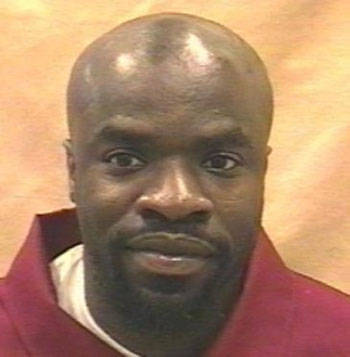
Marcus Robinson will not be executed but instead spend the rest of his life in prison after a judge ruled that his death sentence was tainted by racial discrimination.
Our justice system has a racial bias problem, both in the way it treats suspects, and the way it treats victims.
The cases of Troy Davis and Trayvon Martin underscore this. If the races were reversed would Troy Davis’ execution have been pursued so relentlessly, would he even have received a death sentence, would police have been so quick to ignore other potential suspects?
And, had the races been reversed, wouldn’t the reaction to Trayvon Martin’s killing have been … different?
But knowing there is racial bias and doing something about it are two different things. In North Carolina, something is being done.
